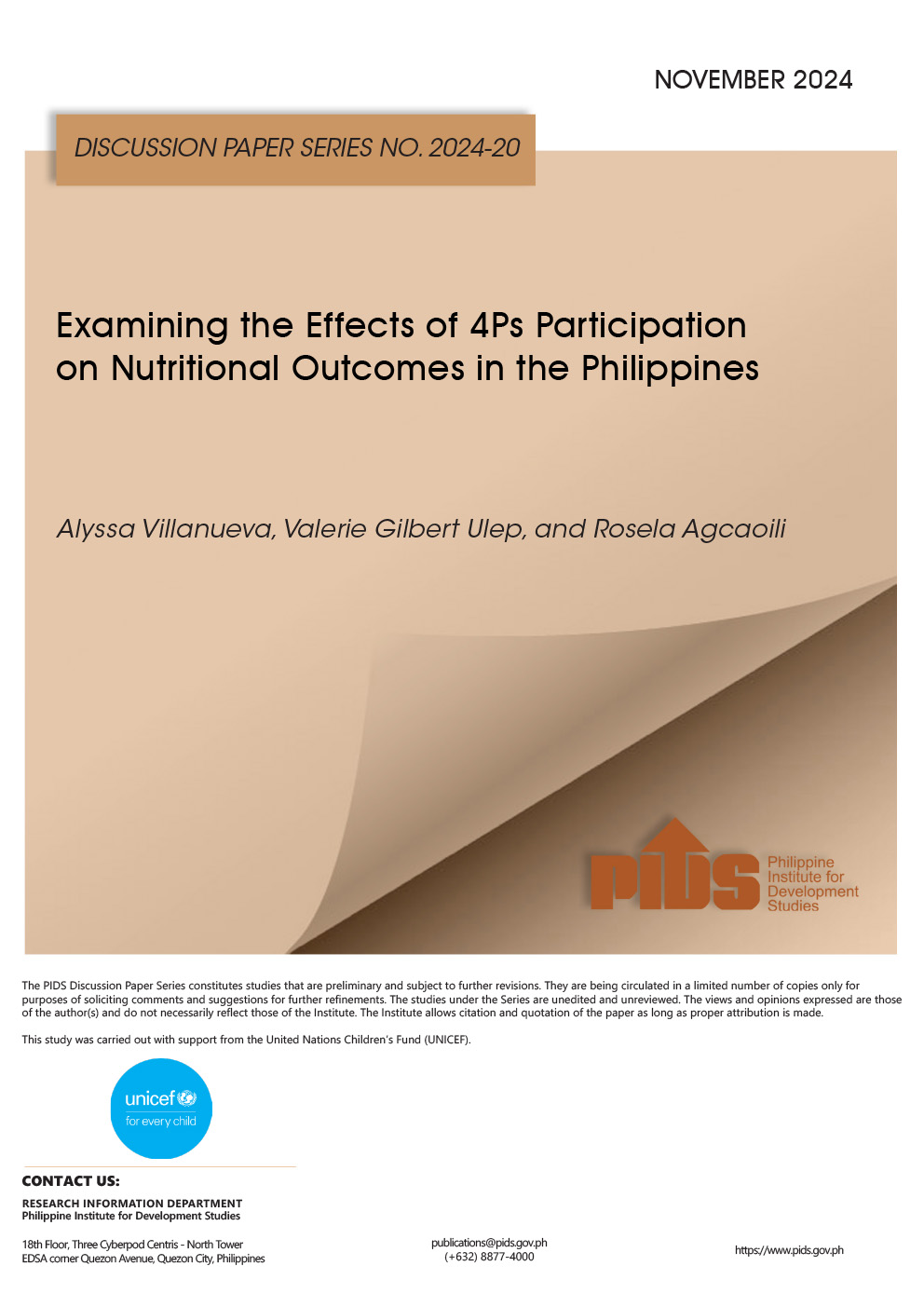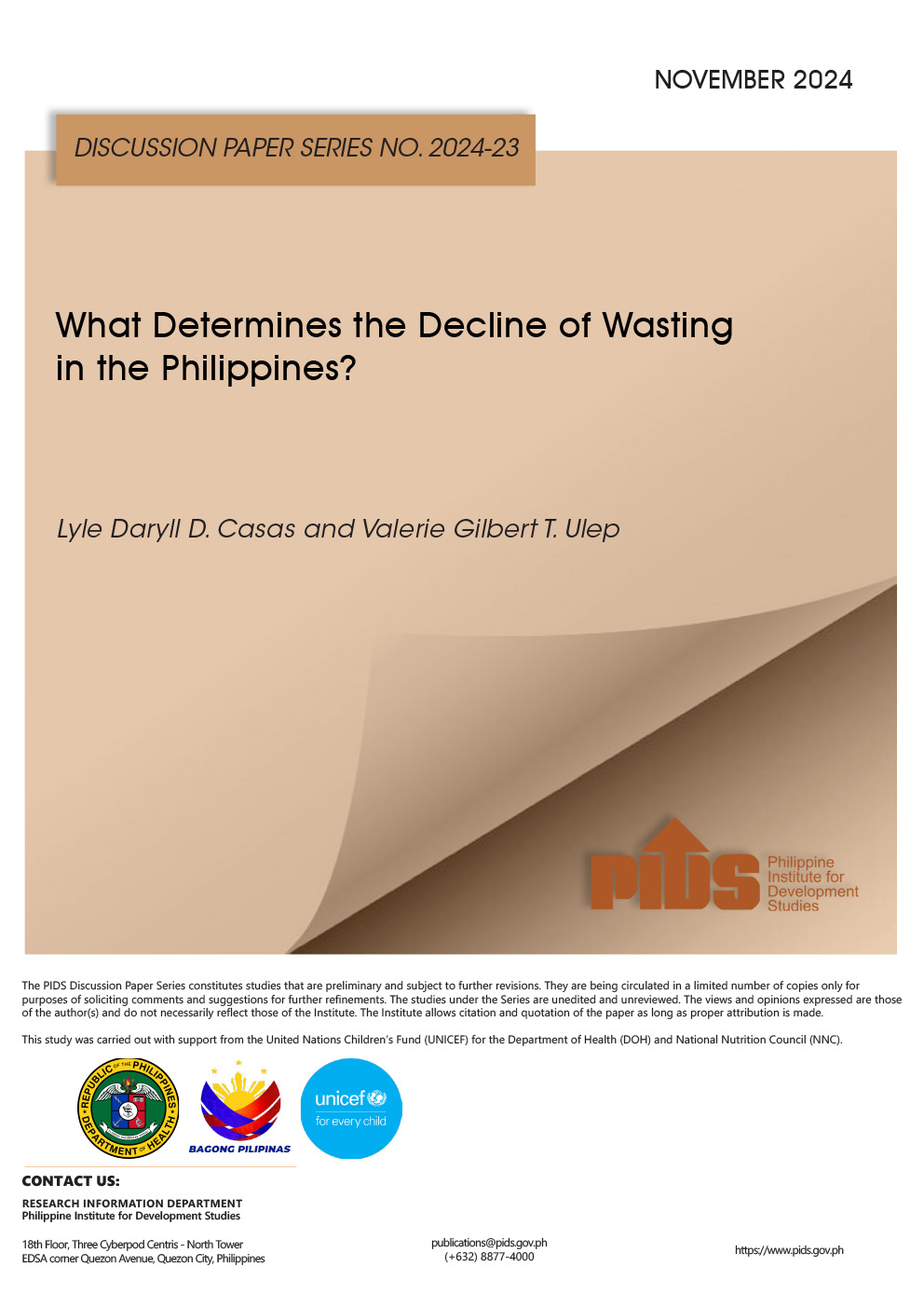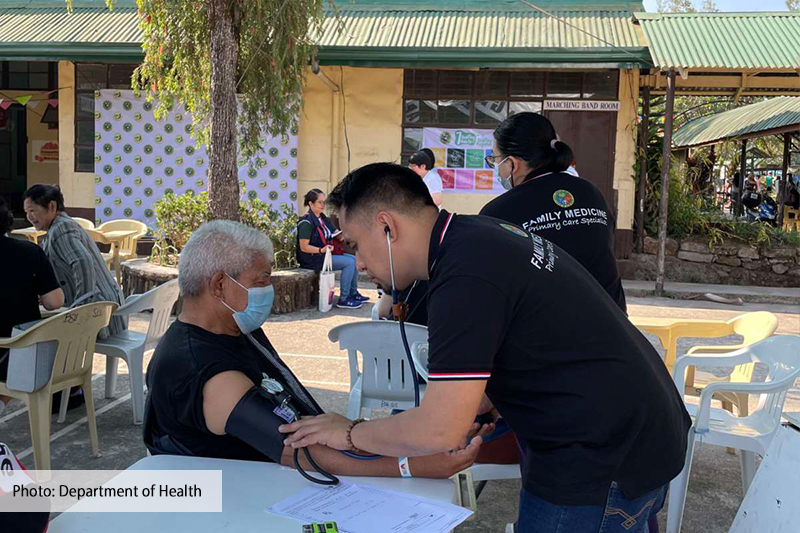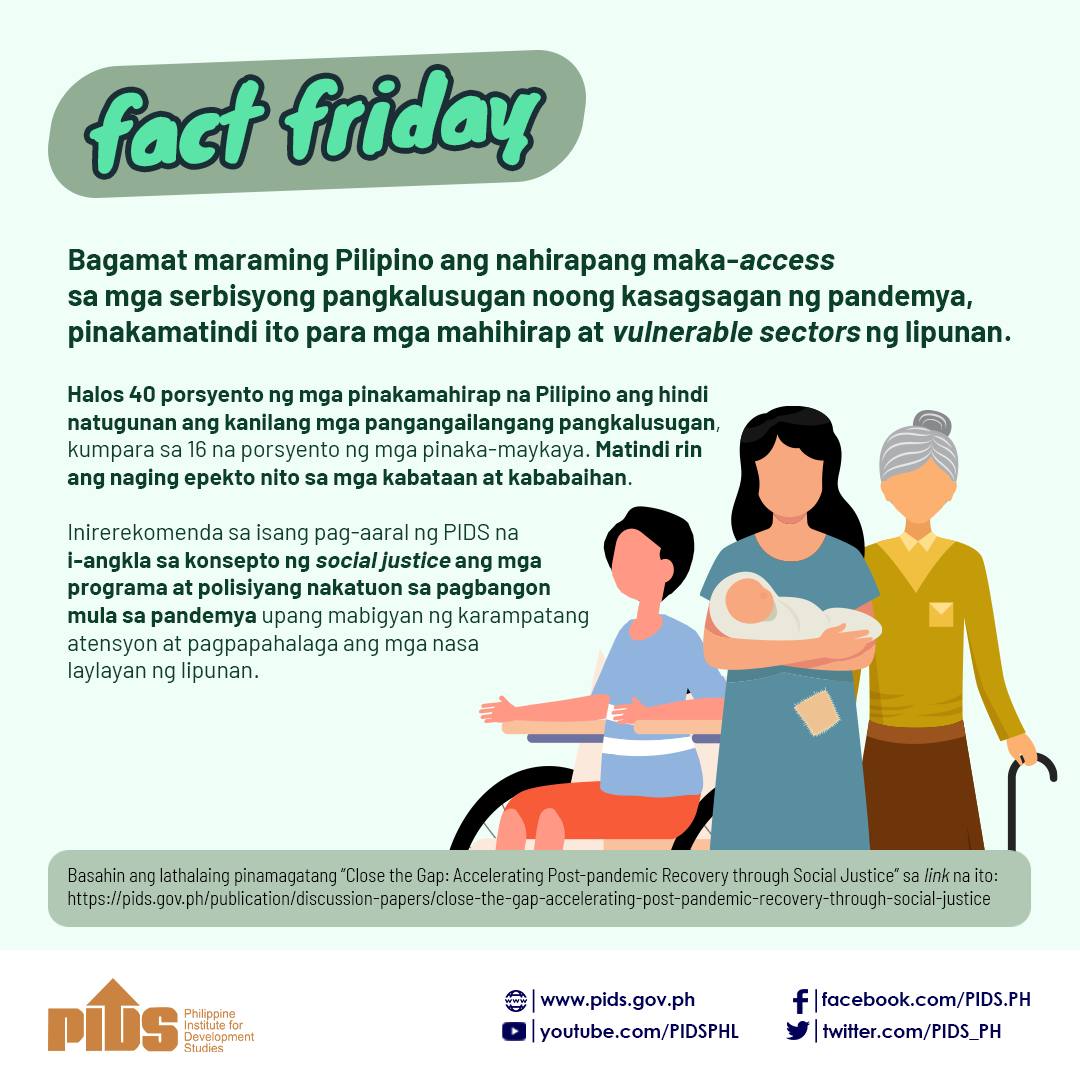QUEZON CITY, Feb. 7 --As the national and local governments devise ways to address the daily impacts of the COVID-19 pandemic, a study published by state think tank Philippine Institute for Development Studies (PIDS) emphasized the need to focus on its long-term impacts.
These long-term impacts, according to authors PIDS President Celia Reyes, PIDS Executive Assistant Ronina Asis, PIDS Research Specialist Arkin Arboneda, and PIDS Research Analyst Anna Rita Vargas, include chronic poverty, school drop-outs, and other non-COVID health concerns.
Earlier poverty simulations suggested that the pandemic will increase the number of poor in the country. While the government provides social safety nets and emergency assistance programs to affected families, these are only temporary.
The authors pointed out that “other measures such as wage subsidies or low-interest loans are needed to enable those who lost their jobs or closed their businesses to bounce back from the crisis” as “the new poor can become part of the chronic poor.”
They added that the new poor might also adopt coping mechanisms such as withdrawing their children from school, which may have adverse impact on other dimensions of welfare.
“This would have longer-term implications on the welfare of the household. Therefore, it is important to ensure that the recovery process for the economy is inclusive,” the study said.
In terms of health, the study said a universal health insurance with greater benefits (including testing and vaccination) “will help in future health-related public emergencies”.
“Being one of the building blocks of a health system, having [a] stronger health financing is a step towards greater healthcare access,” the authors explained, adding that this will lead to improved health status and financial protection.
The study also called for “more sustainable, sufficient, and efficient response and recovery packages” given the country’s vulnerability to disasters.
According to the authors, this can be done by establishing stronger infrastructures “so that response to future shocks and hazards of any nature will be done more efficiently”.
They recommended creating interoperable databases across all government departments and agencies to help target potential beneficiaries more accurately. The government may consolidate all existing databases of government agencies that provide support programs.
Another suggestion is to expand, modify, or improve current assistance programs with established implementation processes rather than create new programs that will need new mechanisms for implementation.
To apply these recommendations, the authors pointed out some factors to be considered, such as leadership and data-driven decisionmaking.
Aside from funding, “[these factors] are necessary in moving ideas forward and executing effective local programs and assistance,” they explained. (PIDS)
PIDS study urges gov’t to address long-term impacts of COVID-19 pandemic











